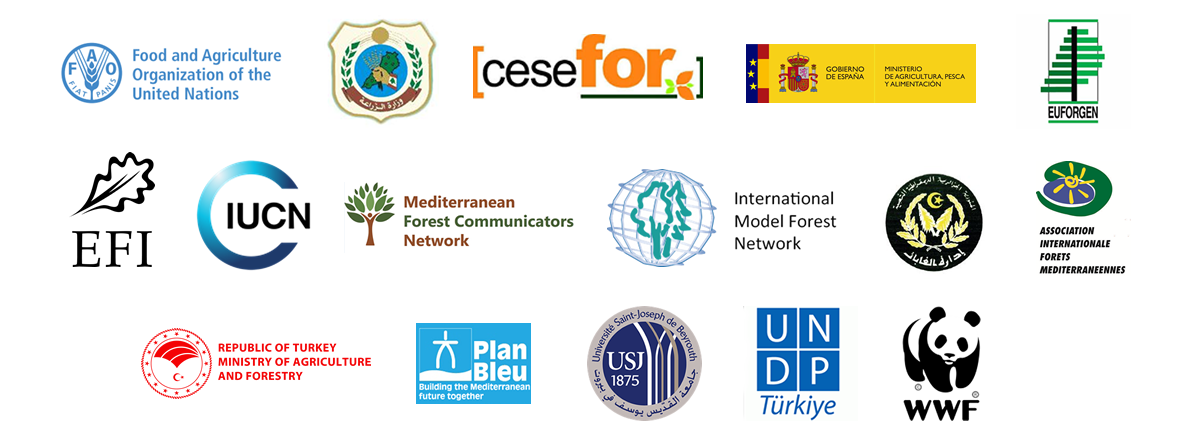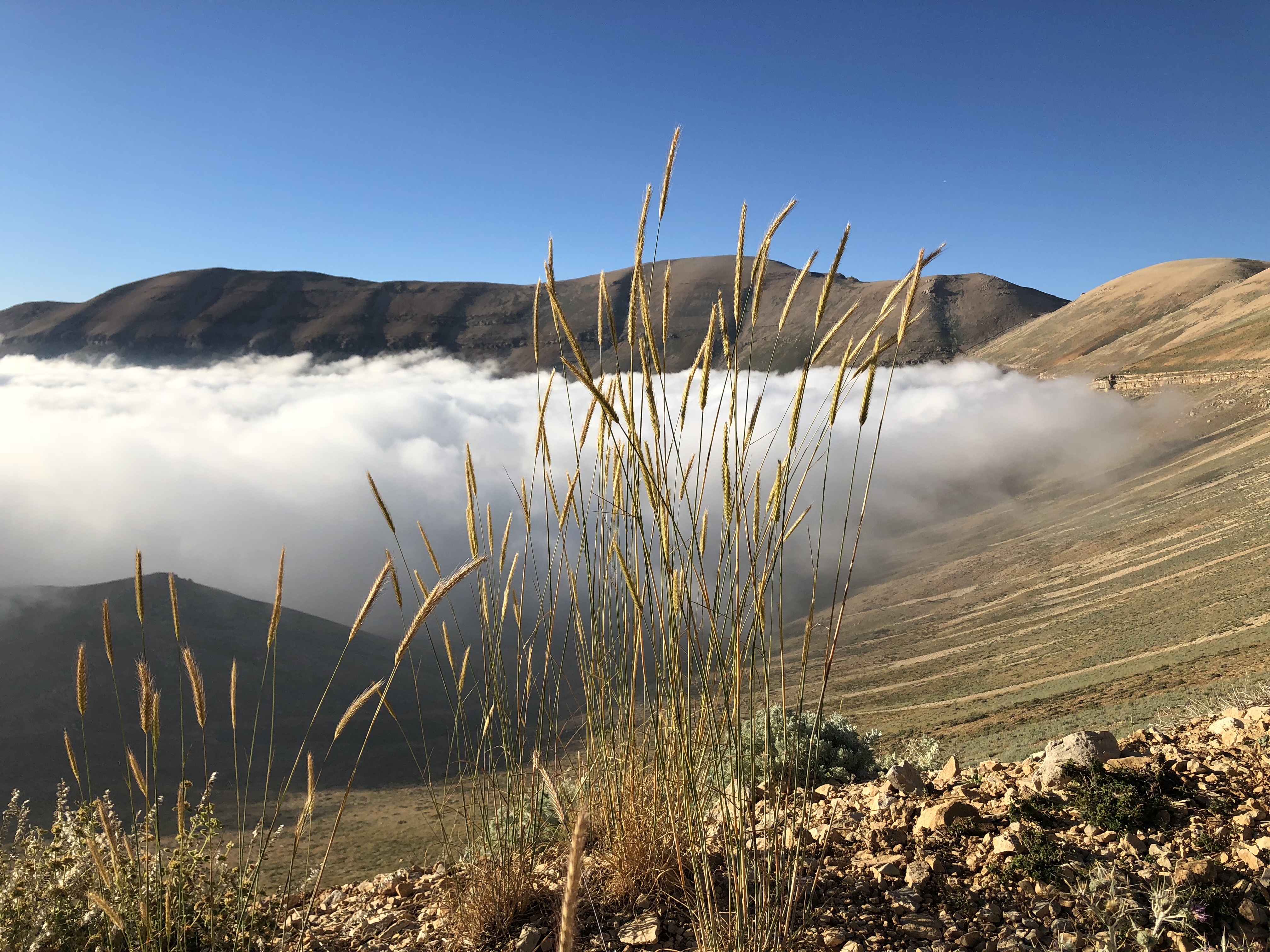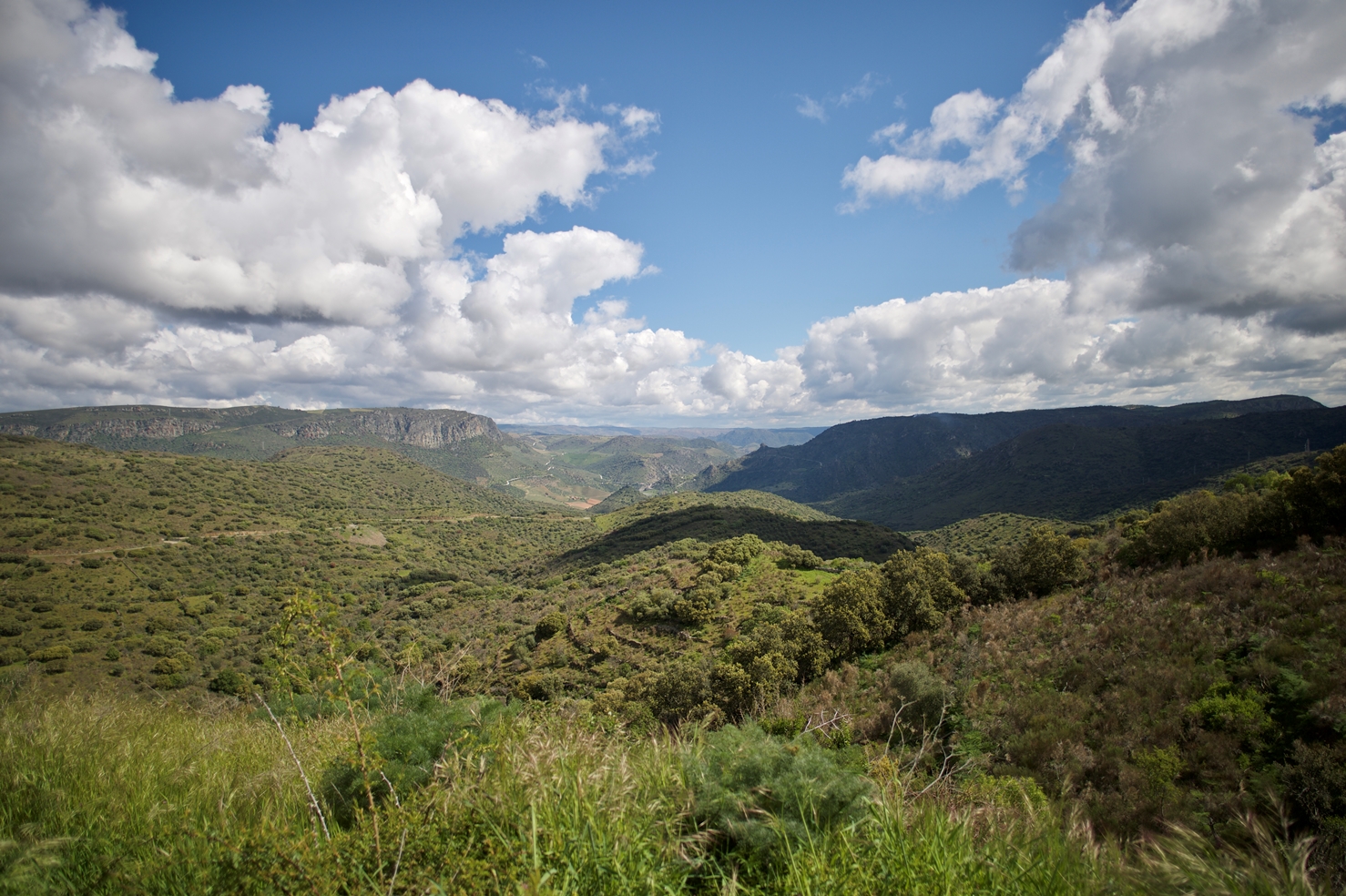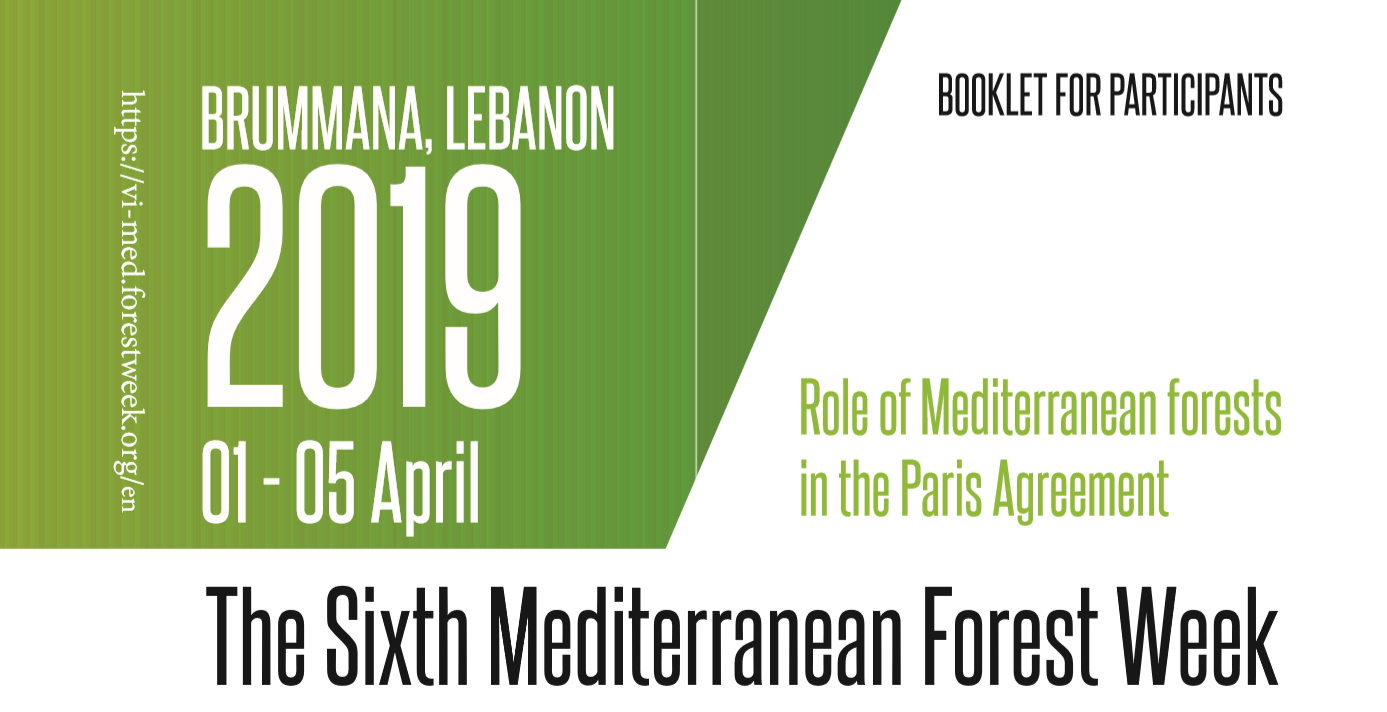Parallel session 1: Biodiversity for resilience in the restoration of Mediterranean forests
Forest restoration projects used to focus on the establishment of single or a small number of species. This simplified approach, overlooking the ecological restoration principles, hampers the effectiveness of ecosystem recovery. Recently, a shift away from large-scale monospecific afforestation projects, to a holistic approach with multiple objectives, combining several socioeconomic and environmental benefits is observed. This allows the recovery of ecosystem functions related to human welfare.
Restoring biodiversity in forests promotes their resilience to human-induced pressures and is therefore an essential ‘insurance policy’ and safeguard against expected climate change impacts. Biodiversity should be considered at different scales (stand, landscape, ecosystem, bioregional) and in terms of all elements (genes, species, communities). Increasing the biodiversity in planted forests will have a positive effect on their resilient capacity.
This session explored the following questions: To what extent is this approach feasible in the context of the restoration of Mediterranean forests? What are the data gaps and implementation bottlenecks for scaling up this type of approach? How can we include key stakeholders from various land-use sectors in the design of these approaches?
This session intended to share best practices and foster an exchange of experiences with regards to restoration approaches that include biodiversity for resilience. Attendees shared their experience and their views and discuss the potential to amend ongoing restoration programs and projects at national and regional levels.

About 6th MFW
Silva Mediterranea
Forestry Policy and Resources Division (FOA)
Food and Agriculture Organization of the United Nations



